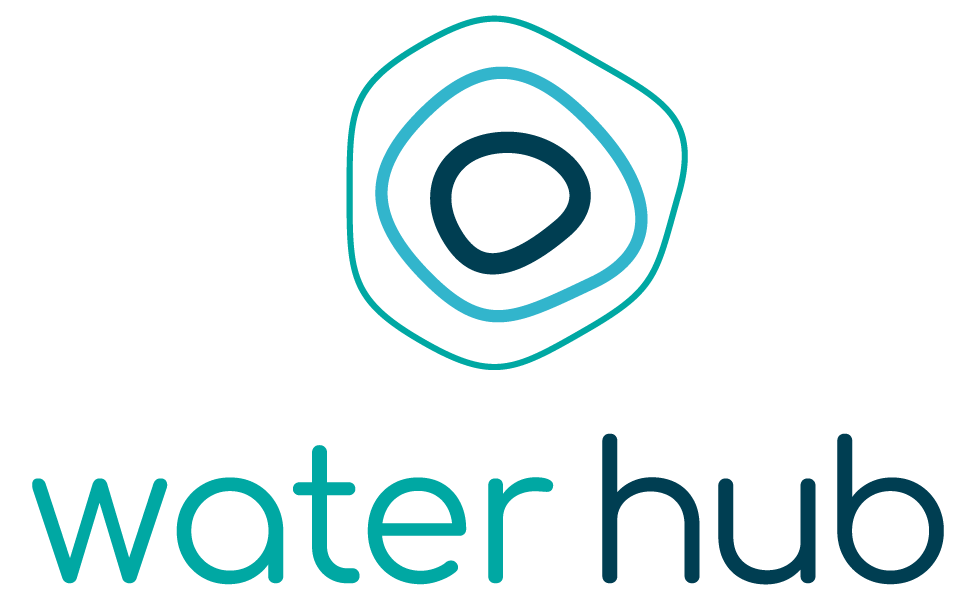Water Hub

Service Area
United States-
On the Web
Website Instagram Twitter YouTube LinkedIn -
Contact this Project
The Challenge:
Millions across the United States experience living with dry wells, toxic taps, flooding, sewage spills, and water shutoffs disproportionately impacting Black, Indigenous, and People of Color due to historic infrastructure disinvestment and environmental racism. These challenges are deeply rooted in social and political structures, resulting from treating water as a commodity and rivers as mere plumbing systems.
Limited communications capacity can be a barrier because it results in water news that is dry and technical. People tune out content that doesn’t reflect their voices or values, and therefore don’t engage in water issues impacting their communities. Without public pressure, decision-makers often defer costly or controversial investments.
What Can Be Done:
We have to shift how we relate to water and each other. It starts by bringing more people into the water movement
We believe:
- The nation’s water problems are fixable if we can build the political will.
- People care about water but could benefit from clearer communications.
- Public awareness and engagement will lead to better water management.
- A more equitable and inclusive water movement will be more effective.
- Stories shape systems. We have to shift the narrative and power map to change policies.
- Narrative change is a long-term undertaking that requires organizing, strategic communications, arts, and cultural work.
How Water Hub is Meeting the Challenge:
We are a pro bono communications organization that uses story-based strategies to advance water justice and resilience across the country to make water communications more accessible, and activism more effective, so the people most impacted by water challenges have greater agency to determine the solutions.
Our communications support includes writing, news pitching, strategic messaging, coaching, media research, digital strategy, design, and campaign planning. In addition to the on-call help we provide to advocates, we work on long-term narrative change through arts and culture collaborations and creative storytelling and campaigns.
Giving voice and visibility to Tribes, communities of color, and other underrepresented groups is a core focus. For example, our Color of Water directory features over 100 water experts of color working across the United States and honors traditional ecological knowledge alongside academic expertise to amplify community stories and solutions in the media.
We imagine a world where all people have equitable access to safe water and sanitation, as well as a voice in the management of this shared and sacred resource. We envision living rivers, thriving communities, and water systems that work with nature.




